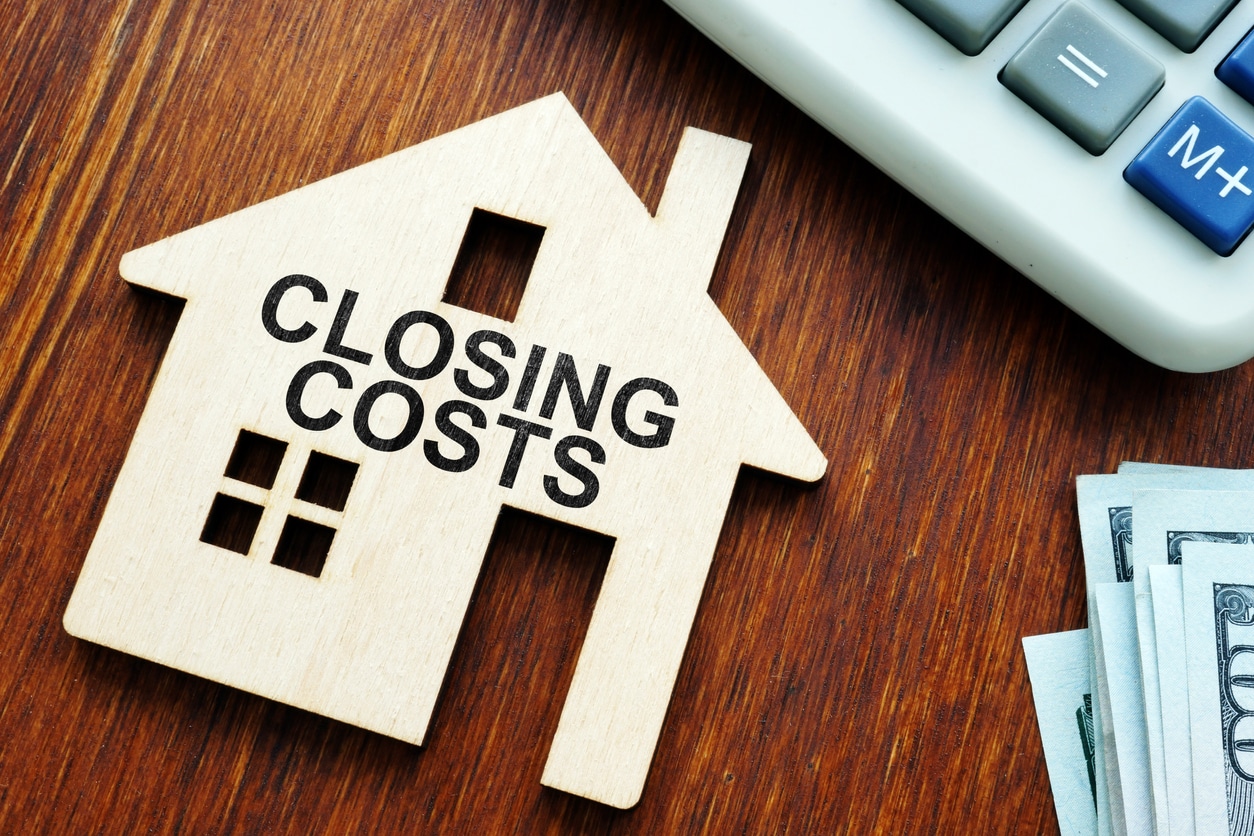Published February 18, 2025
Information on Closing Costs

Breaking Down Closing Costs
Closing costs are the fees and expenses associated with finalizing your mortgage. These typically range from 2% to 5% of the home’s purchase price and are divided into three main categories:
1. Lender Costs
These fees come directly from your mortgage lender and can include:
- Loan origination fees – Charges for processing your loan.
- Underwriting fees – Costs for evaluating your credit and risk.
- Discount points – Optional fees paid to lower your interest rate.
Since lender fees can vary, it’s always a good idea to compare lenders and negotiate when possible.
2. Attorney, Title & Recording Fees
This category includes costs related to legally transferring ownership of the home, such as:
- Attorney fees (if applicable) for reviewing and preparing closing documents.
- Title search and insurance to confirm the property has no outstanding claims or liens.
- Recording fees paid to the local government to officially register the sale.
These fees may fluctuate depending on the service provider and location, so be sure to review your Loan Estimate and Closing Disclosure carefully.
3. Prepaid Items
Unlike the previous costs, prepaid items are not negotiable because they are tied directly to the home and your closing date. These include:
- Prepaid interest – Covers the interest due from closing until the end of the month.
- Property taxes – Typically paid upfront to establish your escrow account.
- Homeowners insurance – Lenders often require a full year’s premium paid at closing.
- Additional tax payments – Some areas require extra tax reserves for upcoming due dates.
How to Offset Closing Costs
Feeling overwhelmed by closing costs? The good news is there are ways to reduce them:
- Lender credits – Some lenders offer credits in exchange for a slightly higher interest rate.
- Seller concessions – You may be able to negotiate for the seller to cover part of your closing costs.
- First-time homebuyer programs – Check for grants or assistance programs in your area.
Final Tips for Closing Day
- Review your Closing Disclosure at least three days before closing to confirm all charges.
- Bring a valid photo ID and any required payments (often via wire transfer or cashier’s check).
- Do a final walk-through to ensure the home is in the agreed-upon condition.
Closing day is a big milestone, and knowing what to expect can help make the process smoother. With a little preparation, you’ll be walking away with the keys to your new home in no time!





